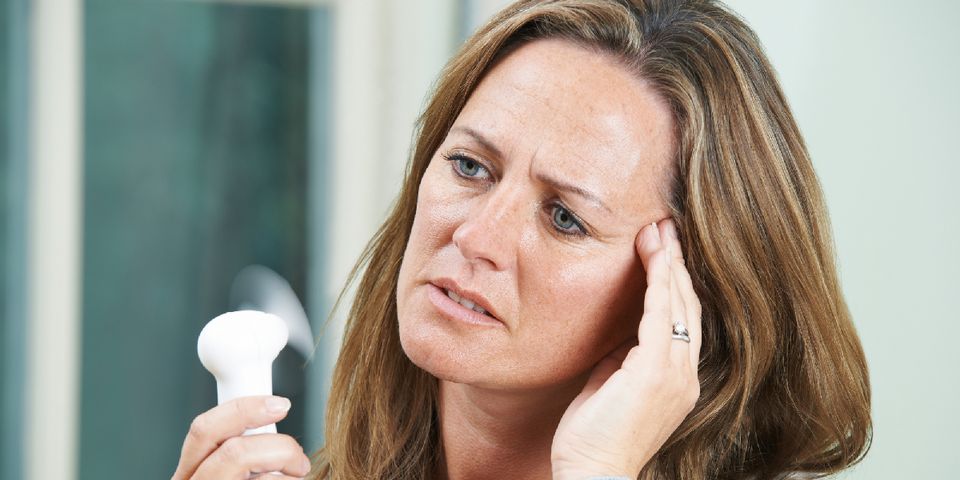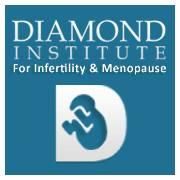3 Signs You’re Going Through Menopause

The natural end of a woman’s menstrual period is known as menopause. Medically, it’s defined as a period of 12 months that elapses without menses. Your doctor may still advise you to continue using birth control even during this time. Through the years leading up to this point, you may experience different symptoms that vary in severity. Here are three signs of menopause you should know.
What Are Some Signs You're Experiencing Menopause?
1. Hot Flashes
A hot flash causes you to experience a sudden surge of heat in your body. It may affect only your face and neck, causing them to flush, or it may cause red marks to develop on your arms, back, and chest. You might begin to sweat, then feel uncomfortably cold and begin shivering right after that. Some women may experience very mild, barely noticeable hot flashes, while others might experience them with such severity that they wake up at night. The average hot flash may last anywhere from just a few seconds to several minutes and can occur as much as a few times an hour or a handful of times a week.
2. Irregular Periods

Changes to your period are common, too. They might end more quickly than expected, or they may last even longer than usual with a heavier or lighter flow. Since you are still ovulating at this time, you can still theoretically get pregnant. If you want to prevent this, ask a doctor at your fertility clinic about your birth control options. You should also seek medical advice if your periods last longer than a week or if you experience periods in close succession. Sometimes these symptoms can be caused by anatomical problems such as uterine polyps or fibroids.
3. Mood Swings
You may experience many unpredictable changes to your mood during menopause. These alterations are due to fluctuations in your hormone levels, making you feel calm one moment and anxious or irritable the next. However, even external factors, like an existing history of depression, exhaustion due to poor sleep, or general stress, can aggravate those mood swings. It’s essential to seek the help of a professional who can prescribe medication or provide guidance to help you manage your emotions.
If you seek a dependable doctor to help as you experience menopause, turn to the Diamond Institute for Infertility & Menopause in Millburn, NJ. During this transitional period, you may experience symptoms that call for treatment and guidance. The doctors at this fertility clinic are committed to helping you every step of the way, so you feel your best. Visit their website for more information, or call (973) 761-5600 to schedule an appointment.
About the Business
Have a question? Ask the experts!
Send your question

